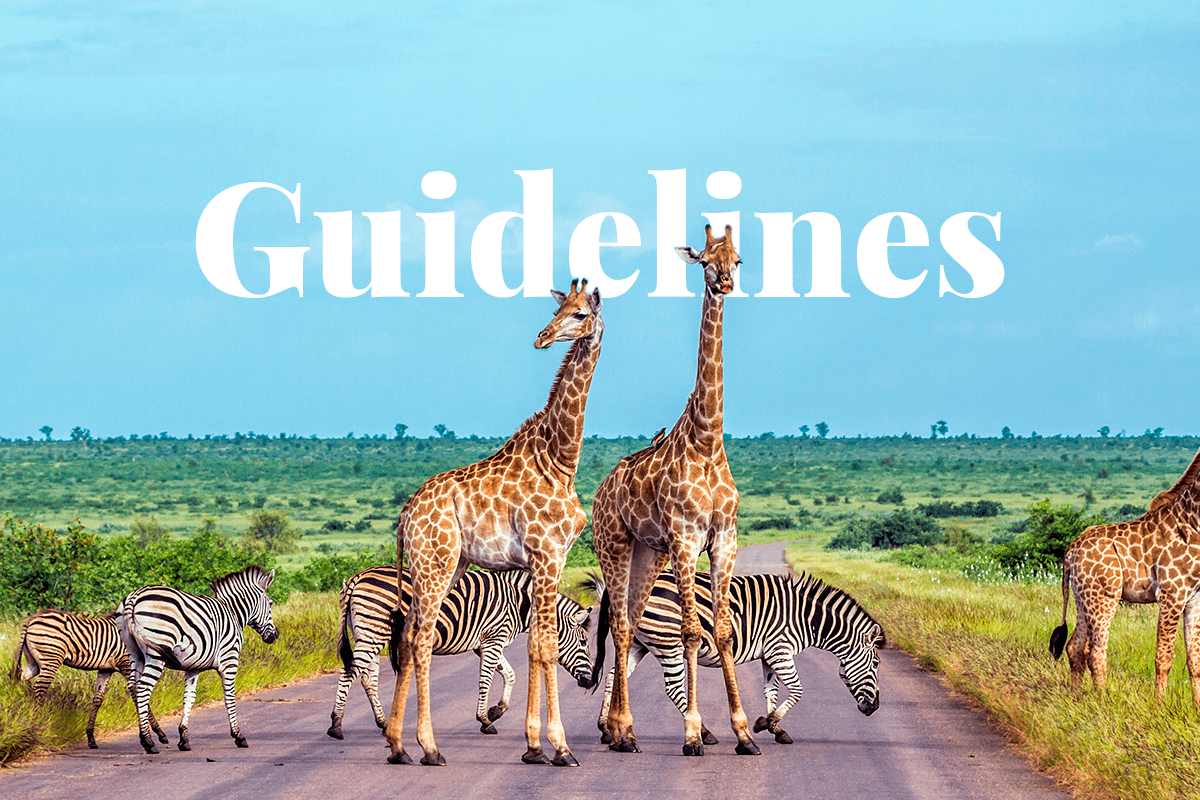South Africa has taken a significant step toward safeguarding its biodiversity by publishing and implementing the country's first National Biodiversity Offset Guideline. The Guideline, released by the Minister of Forestry, Fisheries, and the Environment, Ms Barbara Creecy, on 23 June 2023, under the National Environmental Management Act (NEMA), aims to address the decline and degradation of South Africa's biodiversity.

The National Biodiversity Assessment 2018 highlighted the urgent need to combat the loss and degradation of the country's natural assets. The Guideline serves as a strategic approach to minimise and offset the negative impacts of unsustainable development on the environment, providing consistency and standardisation in its implementation.
Read more: Nature’s symphony: 15 Interconnected wonders of biodiversity
Biodiversity offsetting, an essential component of the mitigation hierarchy outlined in the NEMA principles, is relatively new in South Africa and has not always been implemented consistently based on evidence. The Guideline seeks to rectify this by establishing fundamental principles for offsetting biodiversity.
According to the guideline, biodiversity offsetting becomes necessary only when a significant residual biodiversity impact remains after all efforts to avoid and minimise negative impacts have been exhausted. It provides guidance on when offsets are required and how to determine the necessary actions for biodiversity offsets. Moreover, the Guideline ensures these actions are binding on the responsible party.
It is important to note that the guideline specifically applies to terrestrial and freshwater realms, excluding offshore marine areas and estuarine ecosystems. However, this does not exempt development projects with potential negative impacts on marine or estuarine ecosystems from requiring biodiversity offsetting.
Read more: South Africa launches national biodiversity biobank
While the guideline itself is not legally binding and does not replace existing environmental authorisation processes outlined in the NEMA and Environmental Impact Assessment (EIA) Regulations, it enhances the legislation by providing direction for the implementation of NEMA and EIA Regulations in terms of mitigating biodiversity impacts and utilising biodiversity offsets. Competent authorities designated under NEMA will be obliged to consider the guideline when making decisions on environmental authorisation applications.
The publication of South Africa's National Biodiversity Offset Guideline marks a crucial milestone in the country's efforts to address the decline and degradation of its biodiversity. By setting forth fundamental principles for offsetting biodiversity, the Guideline aims to minimise and counterbalance the negative impacts of unsustainable development, providing a path toward improved protection and management of South Africa's natural environment.
The power to make a positive impact lies within our hands. Join us on this transformative journey, and let's support nature in the most accessible and transparent manner possible. At DGB Group, we pride ourselves on offering inclusive opportunities for everyone to participate in the vital work of nature conservation. Together, let's create a future where our actions actively restore and protect our precious ecosystems, leaving a lasting legacy for generations to come.
Contact our experts to take the first step towards a greener future



